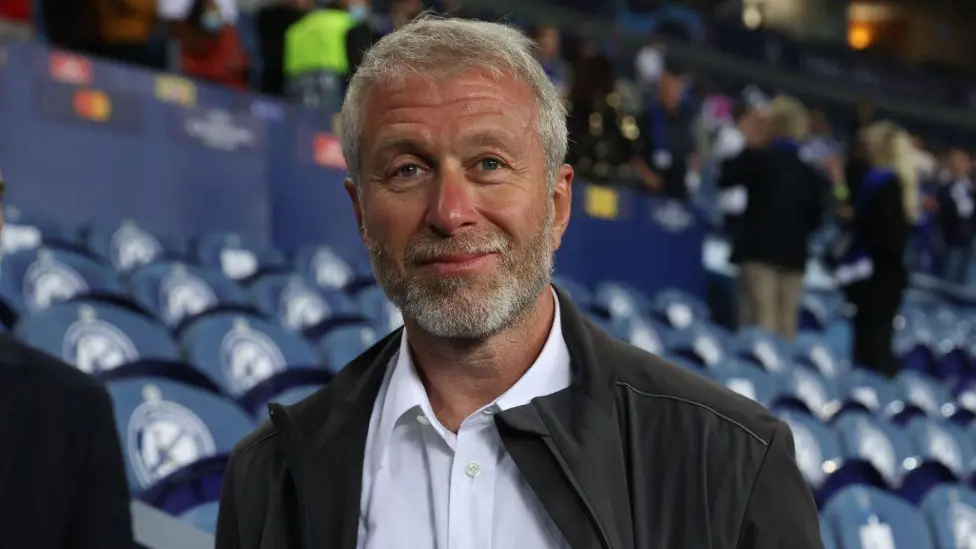Chelsea Football Club has been charged with 74 alleged breaches of Football Association (FA) rules in relation to payments made to agents, intermediaries, and third parties between 2009 and 2022. The latest development adds another layer of scrutiny to the club’s financial practices during the Roman Abramovich era.
Scope of the Charges
The alleged breaches primarily cover transactions between the 2010-11 and 2015-16 seasons, though the FA’s charge spans over a decade of activity. The focus is on the way the club handled dealings with player representatives and third-party ownership structures, which are tightly regulated to prevent conflicts of interest and improper influence in football transfers.
The club has until 19 September to formally respond. Potential sanctions range from financial penalties to transfer bans and, in extreme cases, points deductions. However, Chelsea’s high degree of cooperation with authorities is expected to play a role in the eventual outcome.
Self-Reporting by New Owners
In a statement, Chelsea pointed out that the charges stem from matters uncovered during the due diligence process that preceded the sale of the club in 2022.
“Immediately upon completion of the purchase, the club self-reported these matters to all relevant regulators, including the FA,” a club spokesperson said.
The statement also emphasized that the club’s current leadership under Todd Boehly and Clearlake Capital has “demonstrated unprecedented transparency,” giving regulators access to historical files and data.
This is not the first financial penalty faced by Chelsea in recent years. In July 2023, UEFA fined the Blues £8.6 million for breaching Financial Fair Play rules after submitting incomplete financial information between 2012 and 2019. Those breaches were also voluntarily disclosed by the new ownership.
High-Profile Transfers in Spotlight
Several transfers are believed to be under particular scrutiny, including the arrivals of Samuel Eto’o and Willian from Russian side Anzhi Makhachkala in 2013. Reports in 2023 suggested that both deals were central to a Premier League investigation into potential financial irregularities at Stamford Bridge.
During Abramovich’s time at the helm, Chelsea won 21 trophies, establishing themselves as one of Europe’s dominant clubs. But critics frequently accused the club of skirting close to financial rules in order to maintain their success.
Abramovich’s Shadow Still Looms
Roman Abramovich, who owned Chelsea from 2003 until 2022, remains a controversial figure in football and politics. Sanctioned by the UK government in March 2022 over alleged links to Russian president Vladimir Putin — allegations he has denied — Abramovich was forced to sell the club shortly after Russia’s invasion of Ukraine.
He was granted a special license to sell Chelsea on the condition that he would not benefit from the sale. The £2.5 billion proceeds were frozen in a UK account, with the intention that the funds be directed to humanitarian causes in Ukraine. However, disputes over distribution continue, with the UK government insisting the money must aid Ukrainian victims, while Abramovich’s representatives had spoken more broadly about “all victims of the war.”
Abramovich himself has kept a relatively low profile since the sale, though reports in 2022 claimed he suffered a suspected poisoning during peace talks at the Ukraine-Belarus border, where he was reportedly acting as a mediator.
What Next for Chelsea?
The FA’s investigation will likely take months to resolve, and Chelsea’s response will be pivotal. The club’s current leadership is confident that their cooperation will mitigate the severity of any potential punishment. Still, the scale of the charges — 74 in total — means the Blues face another period of uncertainty just as they attempt to stabilize on and off the pitch under Boehly’s stewardship.
For supporters, the new charges are a reminder that the successes of the Abramovich era came at a significant regulatory cost. With financial authorities across Europe tightening oversight, the club will need to balance ambition with compliance to avoid further setbacks in the years ahead.



